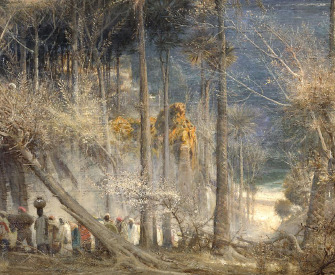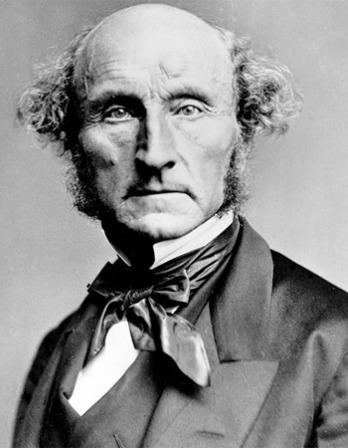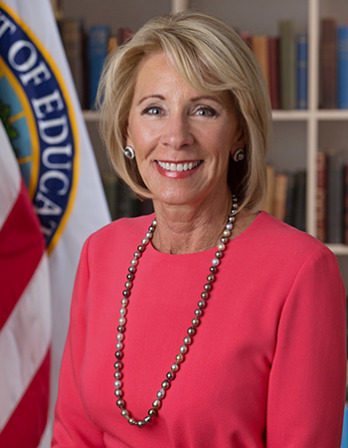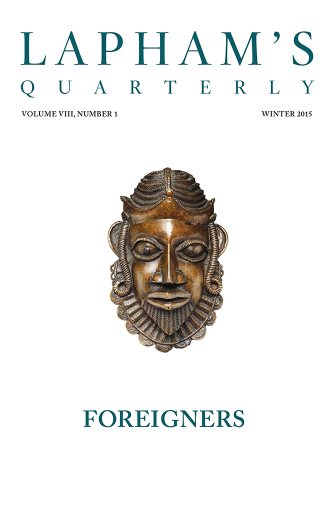If the white man wants to live in peace with the Indian, he can live in peace. There need be no trouble. Treat all men alike. Give them all the same law. Give them all an even chance to live and grow. All men were made by the same Great Spirit Chief. They are all brothers.
The earth is the mother of all people, and all people should have equal rights upon it. (You might as well expect the rivers to run backward as that any man who was born a free man should be contented when penned up and denied liberty to go where he pleases.) If you tie a horse to a stake, do you expect he will grow fat? If you pen an Indian up on a small spot of earth, and compel him to stay there, he will not be contented, nor will he grow and prosper. (I have asked some of the great white chiefs where they get their authority to say to the Indian that he shall stay in one place while he sees white men going where they please. They cannot tell me.)
I only ask of the government to be treated as all other men are treated. If I cannot go to my own home, let me have a home in some country where my people will not die so fast. I would like to go to Bitterroot Valley. There my people would be healthy; where they are now they are dying. Three have died since I left my camp to come to Washington. When I think of our condition, my heart is heavy. I see men of my race treated as outlaws and driven from country to country, or shot down like animals.
I know that my race must change. We cannot hold our own with the white man as we are. We only ask an even chance to live as other men live. We ask to be recognized as men. We ask that the same law shall work alike on all men. If the Indian breaks the law, punish him by the law. If the white man breaks the law, punish him also.
Let me be a free man—free to travel, free to stop, free to work, free to trade where I choose, free to choose my own teachers, free to follow the religion of my fathers, free to think and talk and act for myself—and I will obey every law or submit to the penalty.
From “An Indian’s View of Indian Affairs.” In 1877 Chief Joseph led a Nez Percé group resisting resettlement on a three-month trek toward Canada, fighting thirteen battles along the way. By the time the group surrendered, forty miles south of their destination, half of its members had died. “I want to have time to look for my children and see how many of them I can find,” Joseph said as he surrendered. Over the next three decades, he met with three American presidents to appeal for his tribe’s return to the Wallowa Valley in Oregon but did not succeed before his death in 1904.
Back to Issue




